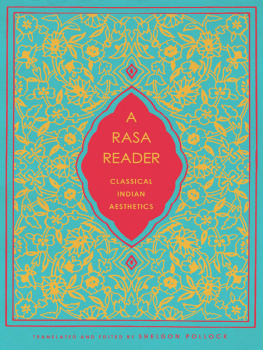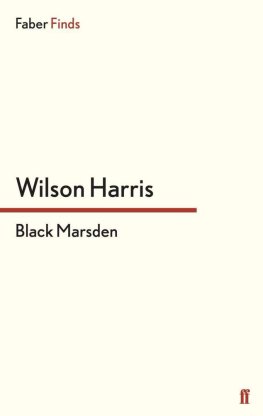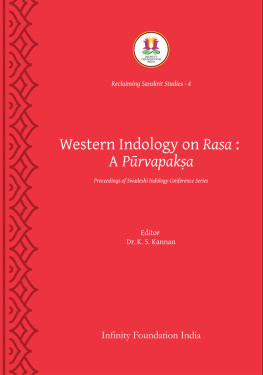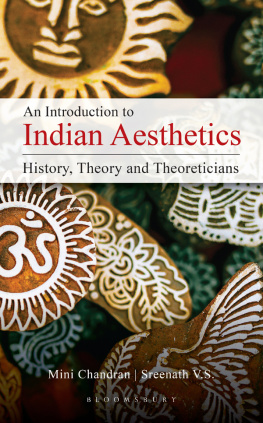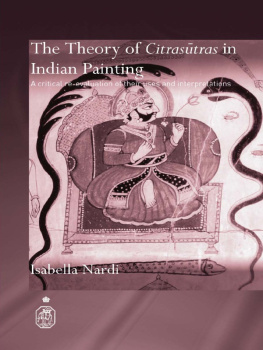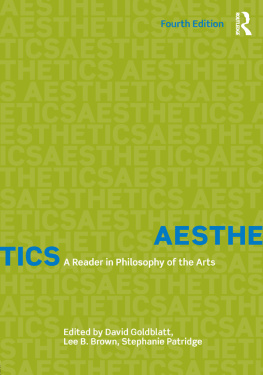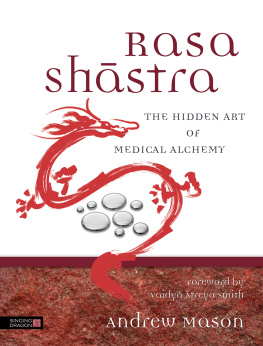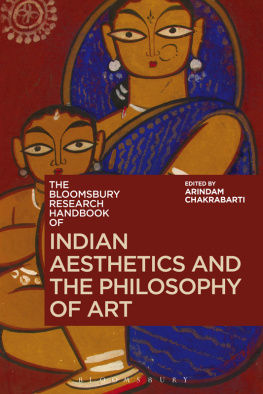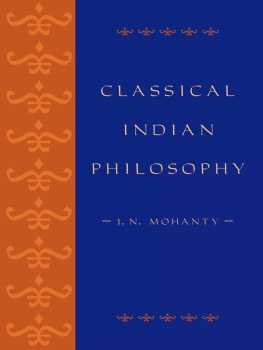Sheldon Pollock - A Rasa Reader: Classical Indian Aesthetics
Here you can read online Sheldon Pollock - A Rasa Reader: Classical Indian Aesthetics full text of the book (entire story) in english for free. Download pdf and epub, get meaning, cover and reviews about this ebook. year: 2016, publisher: Columbia University Press, genre: Religion. Description of the work, (preface) as well as reviews are available. Best literature library LitArk.com created for fans of good reading and offers a wide selection of genres:
Romance novel
Science fiction
Adventure
Detective
Science
History
Home and family
Prose
Art
Politics
Computer
Non-fiction
Religion
Business
Children
Humor
Choose a favorite category and find really read worthwhile books. Enjoy immersion in the world of imagination, feel the emotions of the characters or learn something new for yourself, make an fascinating discovery.
- Book:A Rasa Reader: Classical Indian Aesthetics
- Author:
- Publisher:Columbia University Press
- Genre:
- Year:2016
- Rating:4 / 5
- Favourites:Add to favourites
- Your mark:
A Rasa Reader: Classical Indian Aesthetics: summary, description and annotation
We offer to read an annotation, description, summary or preface (depends on what the author of the book "A Rasa Reader: Classical Indian Aesthetics" wrote himself). If you haven't found the necessary information about the book — write in the comments, we will try to find it.
From the early years of the Common Era to 1700, Indian intellectuals explored with unparalleled subtlety the place of emotion in art. Their investigations led to the deconstruction of arts formal structures and broader inquiries into the pleasure of tragic tales. Rasa, or taste, was the word they chose to describe arts aesthetics, and their passionate effort to pin down these phenomena became its own remarkable act of creation.
This book is the first in any language to follow the evolution of rasa from its origins in dramaturgical thoughta concept for the stageto its flourishing in literary thoughta concept for the page. A Rasa Reader incorporates primary texts by every significant thinker on classical Indian aesthetics, many never translated before. The arrangement of the selections captures the intellectual dynamism that has powered this debate for centuries. Headnotes explain the meaning and significance of each text, a comprehensive introduction summarizes major threads in intellectual-historical terms, and critical endnotes and an extensive bibliography add further depth to the selections. The Sanskrit theory of emotion in art is one of the most sophisticated in the ancient world, a precursor of the work being done today by critics and philosophers of aesthetics. A Rasa Readers conceptual detail, historical precision, and clarity will appeal to any scholar interested in a full portrait of global intellectual development.
A Rasa Readeris the inaugural book in the Historical Sourcebooks in Classical Indian Thought series, edited by Sheldon Pollock. These text-based books guide readers through the most important forms of classical Indian thought, from epistemology, rhetoric, and hermeneutics to astral science, yoga, and medicine. Each volume provides fresh translations of key works, headnotes to contextualize selections, a comprehensive analysis of major lines of development within the discipline, and exegetical and text-critical endnotes, as well as a bibliography. Designed for comparativists and interested general readers, Historical Sourcebooks is also a great resource for advanced scholars seeking authoritative commentary on challenging works.
Sheldon Pollock: author's other books
Who wrote A Rasa Reader: Classical Indian Aesthetics? Find out the surname, the name of the author of the book and a list of all author's works by series.

